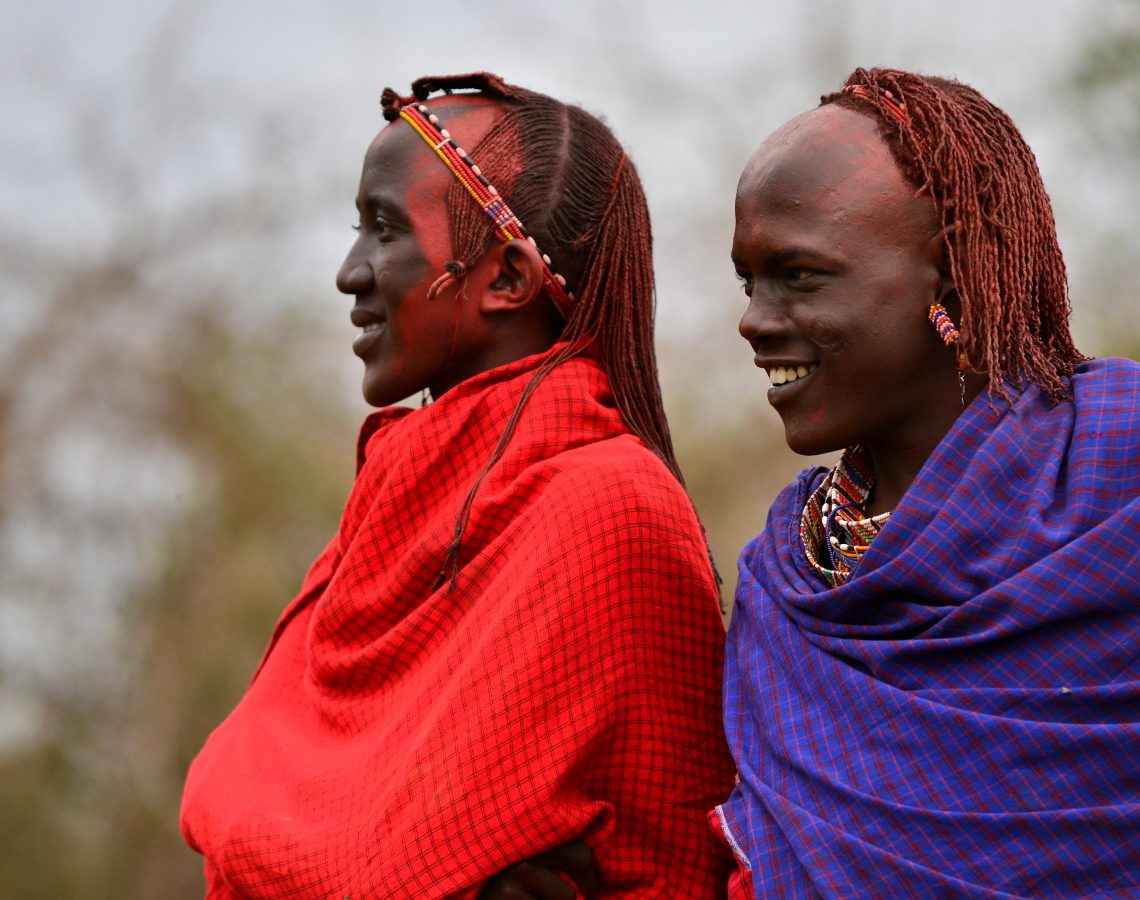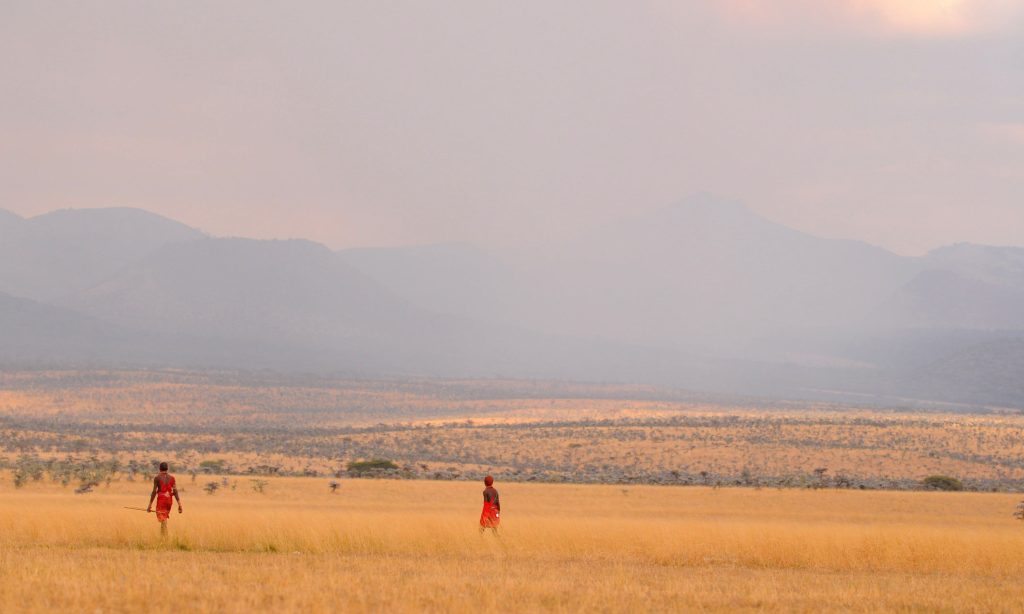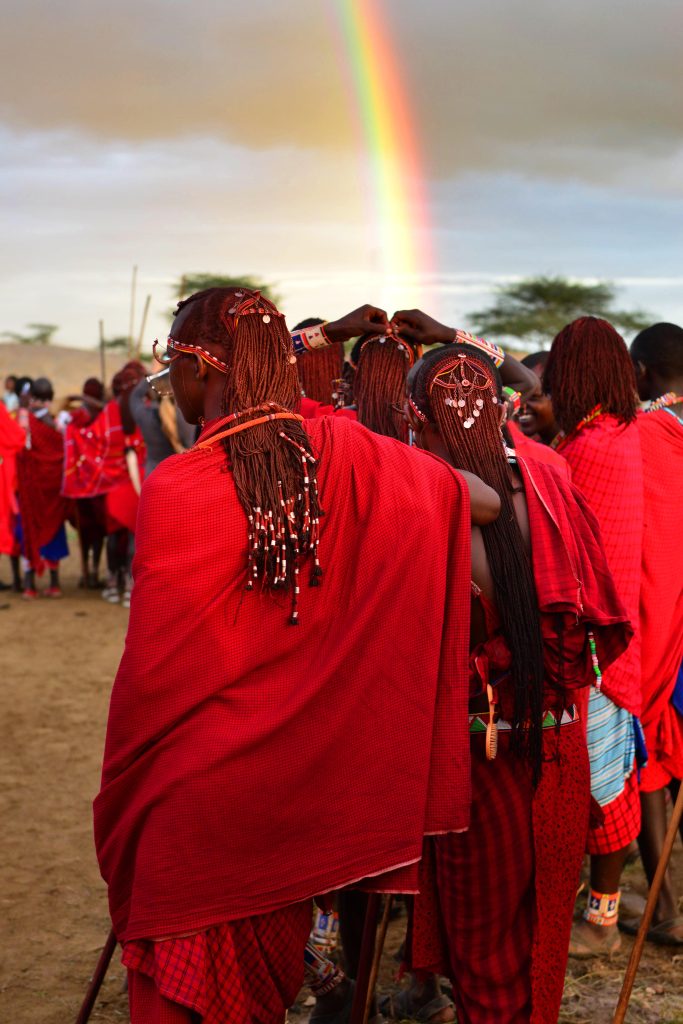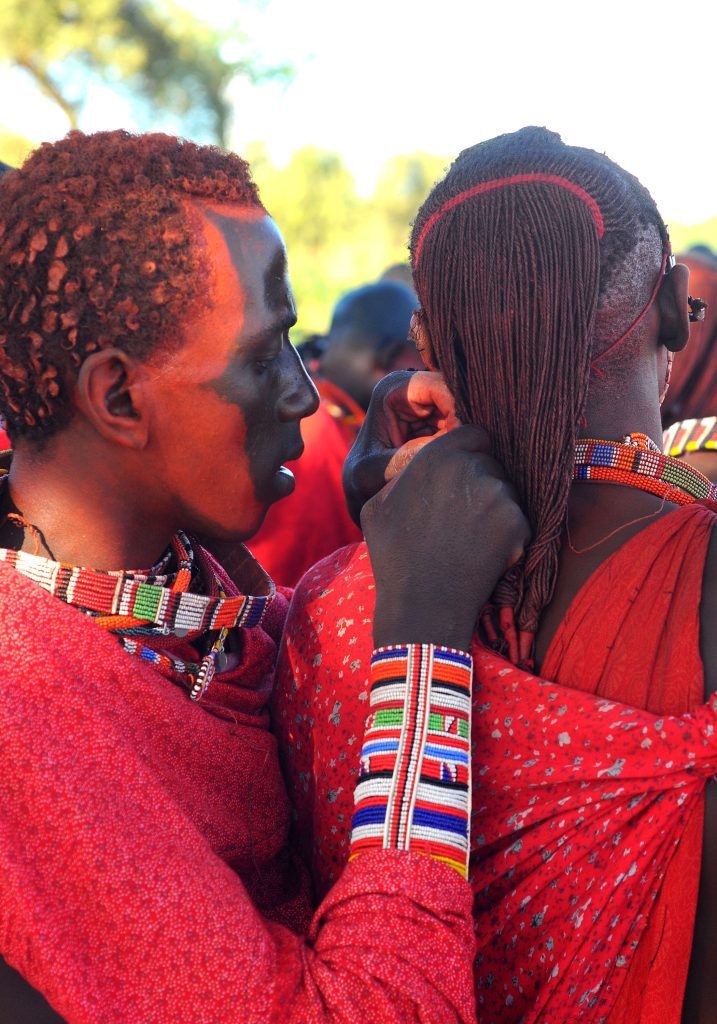Tradition in Motion: Welcoming Irmiponyi Age Set

By James Silankei, Lion Guardians Field Biologist, who was born and raised in Amboseli.
For the Maasai people of Kenya and Tanzania, growing up is not just about age, it’s a sacred journey marked by courage, tradition, and community. Each stage of life comes with responsibilities and rituals that prepare boys to become warriors, and eventually, respected elders. These stages are deeply rooted in the Maasai culture and symbolize growth, honor, and leadership. And now a new generation has been born, Irmiponyi. a name that proudly means “no pushovers,” symbolizing the resilience that comes with age.
Enkipaata oo Irmiponyi: The First Step Toward Manhood
Before a Maasai boy undergoes circumcision, a key rite of passage the boys must first go through Enkipaata rite of passage.
During Enkipaata, boys leave their homes and spend days and nights moving through the wilderness, sleeping in the bush, and learning essential survival skills. It is a test of discipline and endurance. This marks the moment they are no longer seen as children, but as individuals ready to face the challenges of life.
After successfully completing Enkipaata, Irmiponyi age set undergo circumcision. After the ceremony, they enter a transitional period. They are no longer boys, but not yet warriors either. During this time, they are taken care of by their community and given high-quality food to aid their healing and growth.
The next major milestone is Moranism—becoming a Moran or warrior. This is one of the most important roles in Maasai society. Irmiponyi age set are responsible for protecting the community, cattle, and land. They also represent the pride and strength of the community. It’s a period marked by discipline, loyalty, and learning from elders.
Being a Moran is no small task. You carry the future of your community on your shoulders. You are expected to be a role model, a defender, and a unifier of your people. Now, that responsibility rests squarely on the shoulders of the Irmiponyi age set, as the community looks to them to fufill these expectations.
After many years of service and leadership as moran, this age set will finally be expected to graduate into junior elderhood stepping back to make way for the next generation. But their role doesn’t end. They will take on the role of mentoring the new generation, offering guidance and wisdom from experience. As years pass, the moran finally graduates fully to become a senior elder. As elders, they become the decision-makers and advisors.
Each age set has their guardian angles, referred to as the fathers of the age set. It is the Ilkiponi responsibility to guide the new age set, ensuring that traditions are passed on. It’s a full circle, from being led, to leading others.
Each stage of the Maasai age-set system teaches important values: courage, responsibility, leadership, and community. It is through these rites of passage that the Maasai preserve their identity and ensure their traditions live on through generations.
To the new age, Respect the journey. Honor the path. And never forget where you come from. Our customs are not just for the past, they are the wisdom that will shape our future.






Leave a Reply